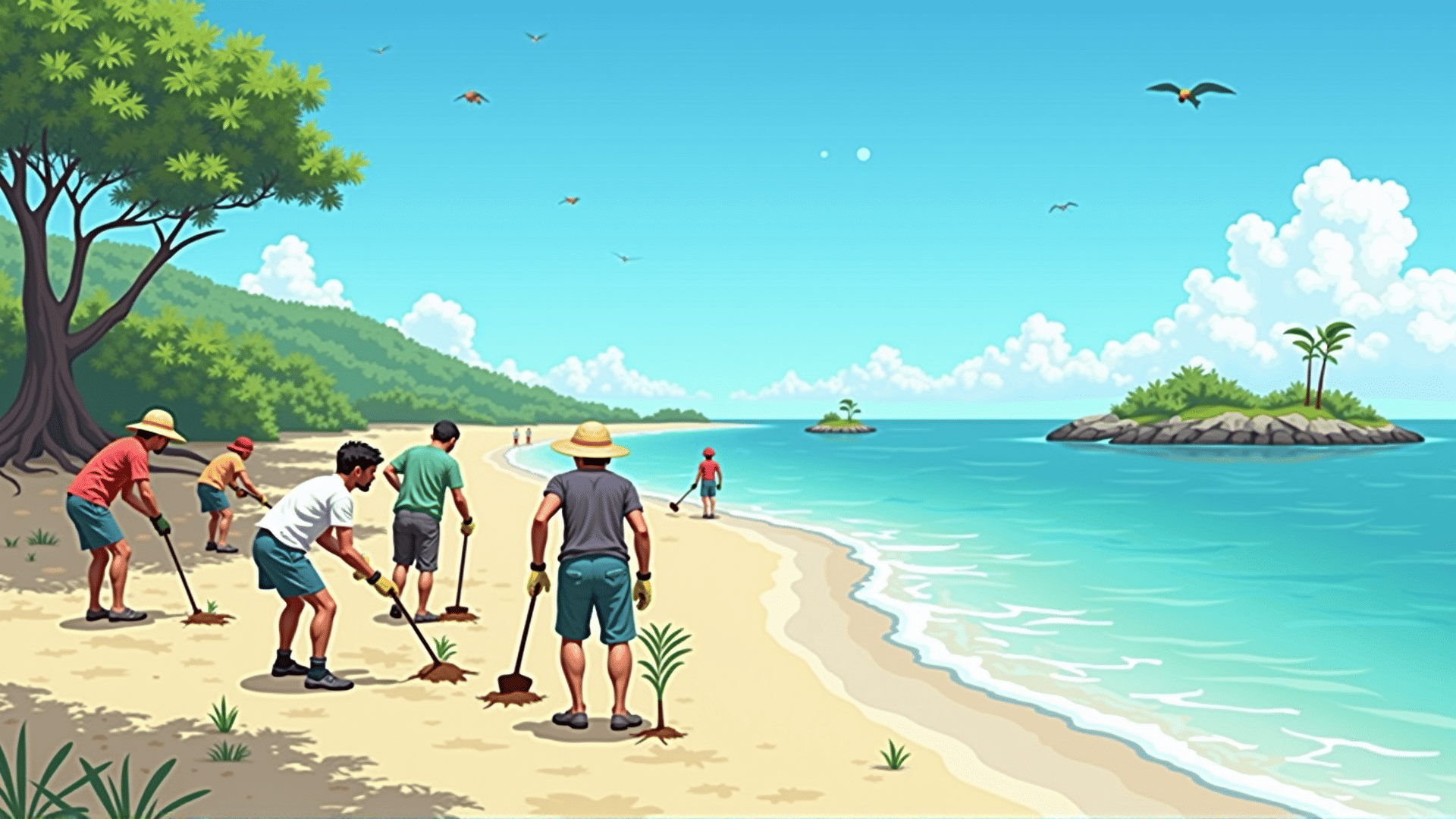Cebu, an island province in the Philippines, is renowned for its picturesque coastlines and vibrant marine life. In recent years, the preservation of this ecological treasure has become a priority for many local groups. These coastal conservation projects are critical not only for safeguarding the environment but also for ensuring the continued well-being of communities that rely on these waters.
Cebu's conservation initiatives are multifaceted, involving both the rehabilitation of marine habitats and the protection of species that thrive in these waters. Among the key projects is the restoration of coral reefs, which are essential to marine ecosystems. Local organizations and volunteer divers work tirelessly to plant coral fragments, monitor their growth, and ensure that these underwater gardens flourish. Their efforts help rebuild habitats for numerous marine species, offering them sanctuary from the threats of erosion and hazardous fishing activities.
The protection of marine life extends beyond coral reefs. The conservation of endangered species, such as the gentle sea turtles that frequent Cebu’s beaches, is another focus area. Community-led efforts include beach clean-ups, setting up protected nesting sites, and conducting educational campaigns aimed at creating awareness about the importance of these creatures. By engaging the local populace, these initiatives foster a sense of stewardship and responsibility towards the environment.
Mangrove reforestation is another vital component of coastal conservation in Cebu. Mangroves serve as natural barriers against storm surges and coastal erosion, and they provide breeding grounds for various fish species. Projects focusing on the replanting of mangroves involve local communities, especially fishermen and their families, who often participate in planting days. This involvement not only aids environmental restoration but strengthens the ties between people and nature, promoting a sustainable way of coexisting with the environment.
Collaboration is at the heart of these conservation efforts. Partnerships between non-governmental groups, academic institutions, and local authorities help pool resources and expertise. These alliances are crucial for facilitating research, developing new approaches to conservation, and securing support from broader networks.
Education plays a crucial role as well. Workshops and training sessions are conducted to equip community members with knowledge and skills for environmental preservation. This empowerment enables them to become active participants in the protection of their own natural resources, ensuring that these efforts have a lasting impact.
Together, these initiatives reflect the collective dedication to safeguarding Cebu’s natural beauty and biodiversity. By focusing on local action and encouraging community participation, the island sets an inspiring example of how to preserve and protect our world's precious coastal environments for future generations.
